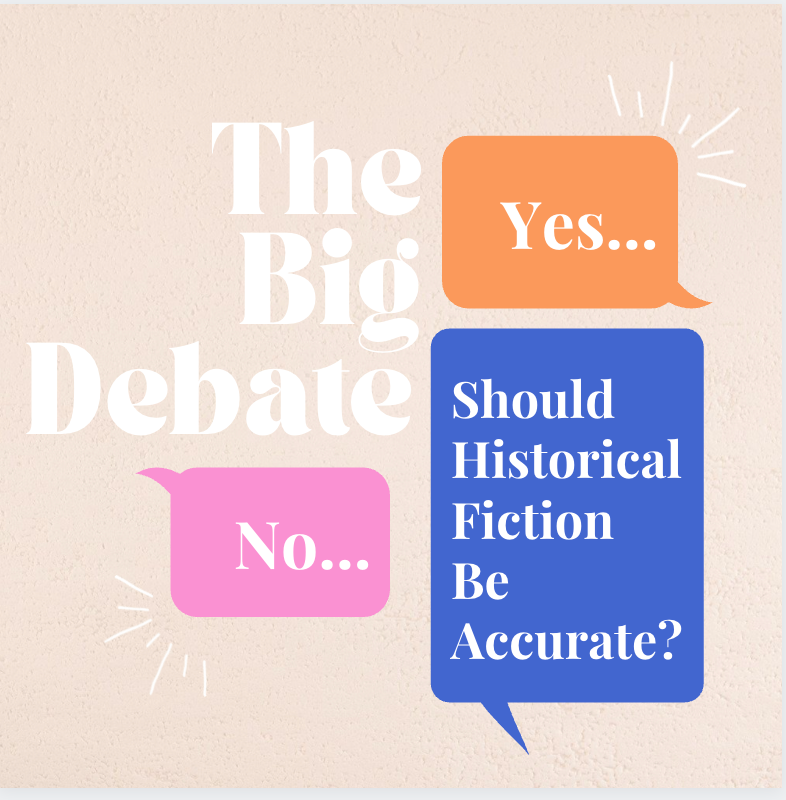Historical Fiction: Is It Okay to Misrepresent Real People?
The debates on whether historical fiction should be accurate, and what that entails, has persisted for years.
January 3, 2022
Historical fiction has a specific appeal, generally attracting those who enjoy the past, or find it more interesting than the present. The genre can be categorized into two camps: History that has been fictionalized or fiction contained in a historical setting.
History that has become fictionalized can be further separated into either a historical event that fictional characters are placed in (such as Les Miserables) or a fictional retelling of a historical event or figure’s life (such as Marie Antoinette, Hamilton, Spencer, etc.). The latter has become rather polarizing, as many of these films or media claim to be based on a person or event, while misrepresenting that person. Hamilton, for instance, is a musical chronicling the life and career of Alexander Hamilton, the first Secretary of Treasury of the United States, but repeatedly misinterprets Hamilton’s real life actions. Throughout the production, Hamilton describes how he was “self-made”, but in reality Hamilton was not proud of the fact he came from nothing. During the revolutionary and post-revolutionary periods, being “new money” was not nearly considered the achievement that it is today.
The reason Marie Antoinette, however, works is because while the story is about her, that’s not what the message is. Sofia Coppola’s film is meant to exemplify the way young women of history are blamed, while having so little power to change their world. We, as a culture, can hammer “Let them eat cake” into the ground, but we can not change the fact Marie Antoinette couldn’t have given the people bread, because she as a monarch, had the responsibility to sire an heir, but not to rule. While this film works, Hamilton’s message is solely about Alexander Hamilton’s life.
Historical fiction, when choosing to fictionalize real people, can often damage the legacy of those individuals. If a film was made about the life of the common person, yet misinterpreted them and their views, it would come of a lot less charming or insightful.


